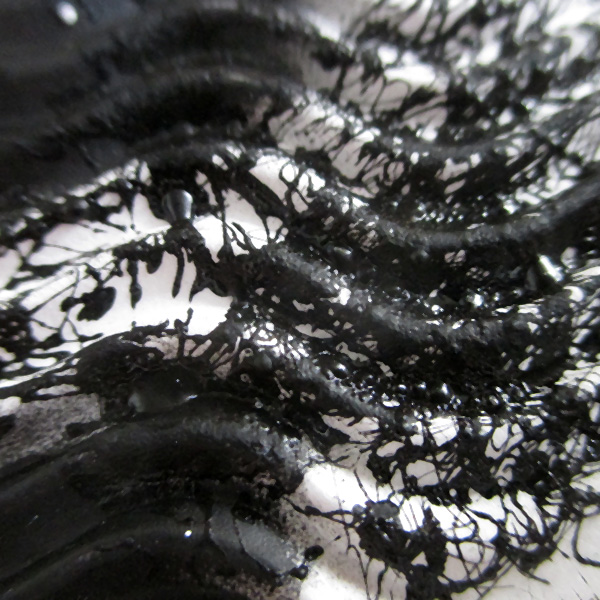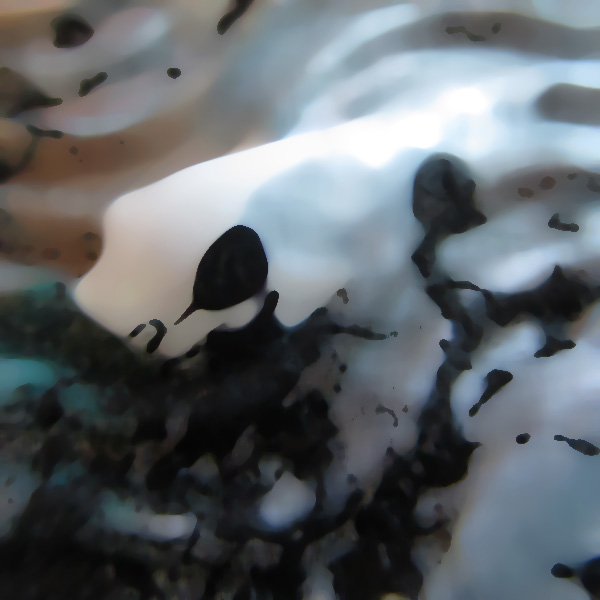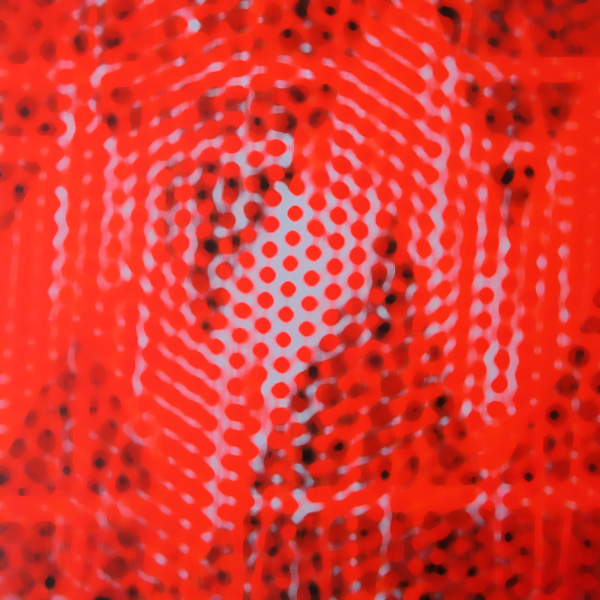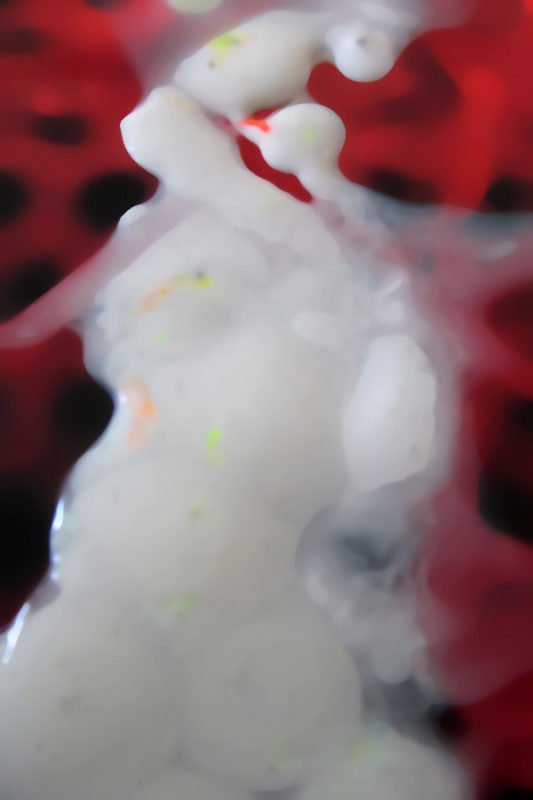Nietzsches concept of force is therefore that of a force which is related to another force: in this form force is called will. The will (will to power) is the differential element of force. A new conception of the philosophy of the will follows from this. For the will is not exercised mysteriously on muscles and nerves, still less on “matter in general”, but is necessarily exercised on another will. p 7
What the wills in Hegel want is to have there power recognised, to represent their power. According to Nietzsche we have a wholly erroneous conception of the will to power and its nature. This is the slave’s conception, it is the image that the man of ressentiment has of power. The slave only conceives of power as the object of a recognition, the content of a representation, the stake in a competition, and therefore makes it depend, at the end of a fight, on a simple attribution of established values. p 10
The cyclical hypothesis is incapable of accounting for two thing – the diversity of co-existing cycles and, above all, the existence of diversity within the cycle. This is why we can only understand the eternal return as the expression of a principle which serves as an explanation of diversity and its reproduction, of difference and repetition. Nietzsche presents this principle as one of his most important philosophical discoveries. Het calls it will to power. By will to power “I express the characteristic that cannot be thought out of the mechanistic order without thinking away this order itself” p 49
The will to power alone is the one that wills, it does not let itself be delegated or alienated to another subject, ever to force. p 49
It must not be said that active force becomes reactive because reactive forces triumph; on the contrary, they triumph because, by separating active force what it can do, the betray it to the will of nothingness, to a becoming-reactive deeper than themselves. This is why the figures of triumph of reactive forces (ressentiment, bad conscience, and the acetic ideal) are primarily forms of nihilism. p 64
Becoming-active is affirming and affirmative, just as becoming-reactive is negating and nihilistic. p 68
In other words, life goes beyond the limits that knowledge fixes for it, but thought goes beyond the limits that life fixes for it. Thought ceases to be a ratio, life ceases to be a reaction. The Thinker thus expresses the noble affinity of thought and life: life making thought active, thought making life affirmative. In Nietzsche this general affinity is not only the pre-Socratic secret par excellence, but also the essence of art. p 101
Ressentiment is the triumph of the weak as weak, the revolt of the slaves and their victory as slaves. It is their victory that the slaves form a type. The type of the master (the active type) is defined of the faculty of forgetting and the power of acting reactions. The type of slave (the reactive type) is defined by a prodigious memory, by the power of ressentiment; p 117
Who feels pity? … Those who hate everything which is active in life, those who use life to deny and depreciate life, to oppose it to itself. p 150
Zarathustra asks as the sole and first one to do so: ‘How shall man be overcome?’
Gilles Deleuze: Nietzsche and Philosophy





![zigzag [6284] door Tom van Teijlingen](http://againsttheday.nl/wp-content/uploads/2017/09/zigzag_6284.jpg)
![le zigzag [6290] de Tom van Teijlingen](http://againsttheday.nl/wp-content/uploads/2017/09/zifzag_6290-ac.jpg)